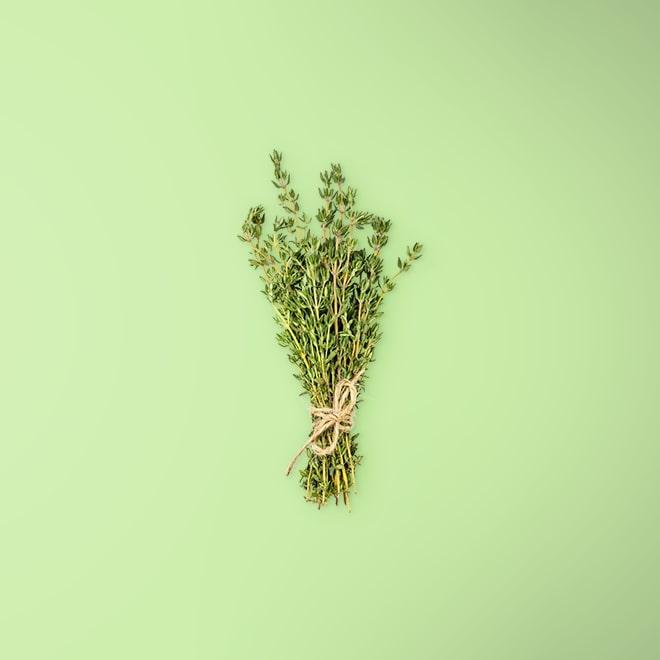Thyme




Like oregano, thyme has a deep history and traditions associated with it in Greece, as its name was derived from the Greek words thumos and thyo, which meant bravery and sacrifice. Thyme’s first appearance goes back to 400 BC, where the ancient Greeks believed it signified bravery and courage, thus rewarding knights with scarves that have a sprig of thyme knitted into it, similar to a badge of honor, in the days of chivalry. Greek temples also burned thyme as a form of sacrifice that would purify the temple of any evil. Even in Egypt, thyme was used as an embalming herb and believed to aid in moving on to the next life.
Aside from its symbolism and religious beliefs regarding this herb, thyme has also been used as an antidote and a form of preventive measure against various ailments. Because of this fact, emperors consume their meals with thyme to avoid the fear of assassination by poison and bathing in warm water with thyme would further prevent any complications. During the Black Plague of the 1300s, thyme was viewed as a holy herb, where people wore it as a charm and also mashed it to apply to afflicted skin. Before the times of refrigeration, it was even used to provide some protection against spoiled produces and foodborne ailments.
Today, time is viewed as a great addition to many dishes, giving a woody flavor and sharp fragrance.
Fresh thyme is always preferable over dried thyme in terms of flavor and fragrance. Avoid the fresh thyme if it deviates from its standard vibrant green color. If thyme is fresh, wrap in a damp paper towel and store in the refrigerator to prevent dehydration. If thyme is dried, store in a container in a cool, dry place and can be used within six months.
A pinch of thyme in tea can be used help calm the nerves and prevent nightmares.
Fresh thyme with coughing syrup has been thought to alleviate symptoms of whooping cough and cure the disease in two weeks.
Thyme has a key chemical compound that is responsible for its miraculous ability to cure, thymol. Pure thymol is a powerful antiseptic that can alleviate many skin conditions and ailments. It is still used in mouthwash, hand sanitizer, and even acne medication. It is also a great source of Vitamin A and C, copper, dietary fibers, iron, and manganese.
Adding thyme to soups, poultry, and meats will result in a very aromatic fragrance in the completed dish.
Beans seasoned with thyme results in a great taste.
If you use fresh thyme and other herbs & spices that have a lot of liquids and do not want to have to deal with the remnants of these ingredients after the cooking process is complete, you can tie all the herbs together to form a bouquet garni using ordinary string or kitchen twine.
Like any herbs, thyme loses its flavor a short while after being cooked, therefore, unless it’s used in a bouquet garni to solely flavor the dish, it is best to add the thyme in at the last few minutes of the cooking process.
Thyme is a natural antiseptic which helps clean out some of the body. It can be applied to any inflammation resulting from a skin condition to reduce the severity.
Corrections or improvements? Email us at
content@sidechef.com